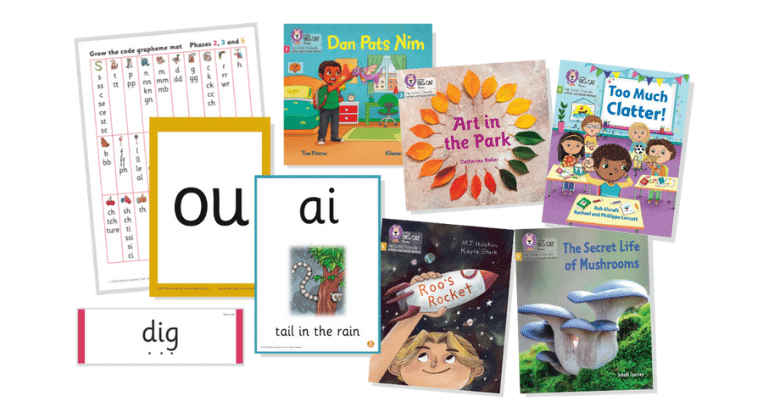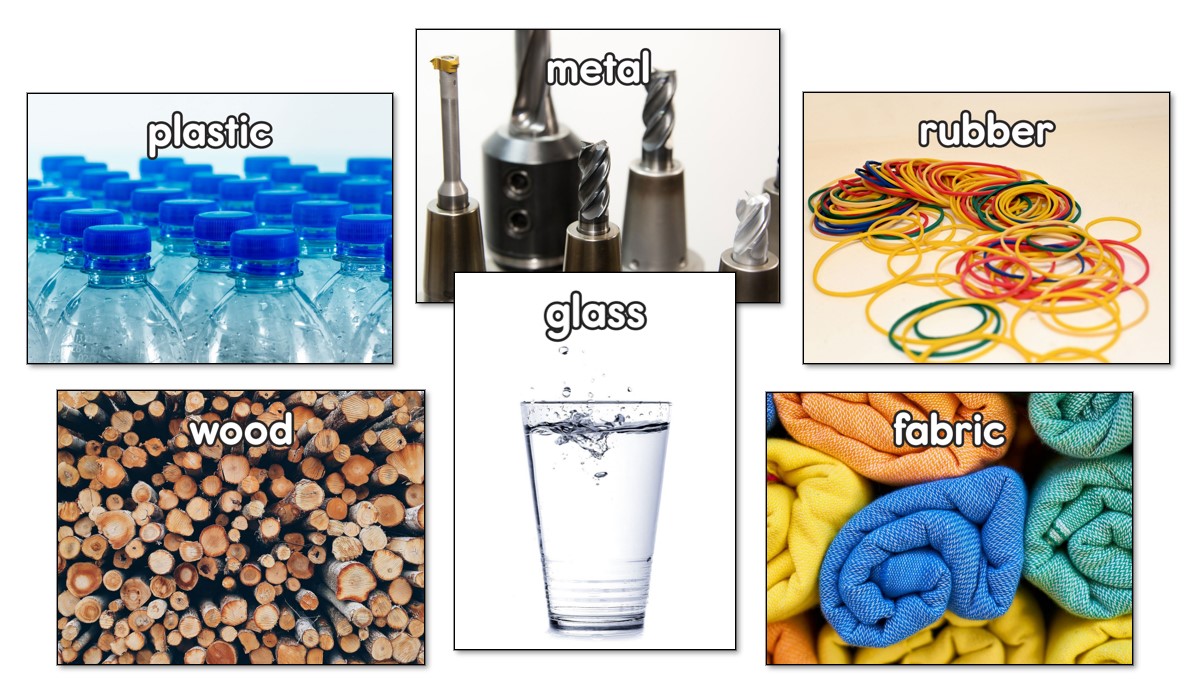Term 6 (Summer 2)
Maths
Our first two Maths units this year will be: Numbers 10 to 100 and Calculations Within 20. In Year 2 we follow the NCETM Curriculum Map. More information on this can be found here: NCETM Curriculum Map
Pupils will also undertake Mastering Number sessions four times a week with their class teacher. These sessions focus on subitising, numerical composition and some addition and subtraction facts. Through this term we will also be looking at using a Rekenrek as an effective resource. You can find out more about Rekenreks here: What is a Rekenrek?
Writing
In Writing, the Year 2 pupils will use three different versions of Goldilocks for three different, but connected writing outcomes. Children will initially familiarise themselves with the traditional version of the tale, using Lauren Child’s version and identify the elements of a traditional tale whilst identifying adjectives to describe the character of Goldilocks that they then use to create a ‘Wanted’ poster. In the next part, children explore the text of Me and You by Anthony Browne where pictures are used to provide a context for why Goldilocks appears at the three bears’ house. This is a more sympathetic view and the children are asked as an outcome to tell the story from her perspective. In the final part, children write a sequel to the original story, where Goldilocks and the bears meet many years later and they role play and imagine conversations and then look at a published sequel called Goldilocks and Just the One Bear by Leigh Hodgkinson.
Following this, the children will receive a letter explaining that there are all sorts of ‘rumours’ flying around about wolves. Some people are saying they are good, others saying they are bad. The children will then be tasked with researching wolves and finding out what is fact and what is fiction. From their research they will create a leaflet. This will be accompanied by the text Wolves by Emily Gravett.

Little Wandle (Phonics & Spelling)
Pupils will continue using the Little Wandle phonics scheme that they used in Year 1. Most pupils will begin the year with a review of the Phase 5 sounds that they learnt in the previous academic year. Later in the year, these lessons will take the form of a formal Spelling lesson which builds upon their phonic knowledge whilst still adhering to the rigour and characteristics of the Little Wandle Scheme.
Reading
We will also continue the Little Wandle reading groups which will run 3 times a week. As in Year 1, these will focus on decoding, prosody and comprehension. At the end of the week, pupils will bring home the book they have been reading to share with those at home. Home reading should be an opportunity for your child to show you the skills they have learnt in their Reading sessions that week.

History
Our History topic this term is The Great Fire of London and our key question is – “Why was it a ‘Great Fire’ of London?”. The topic will have a focus on the events of the fire, the days leading up to it and those that followed. There will also be some aspects of UK Geography entwined within this topic and pupils will also get a chance to discuss the damage the fire caused as well as the improvements that were established following it.

Science
Our Science topic this term is Everyday Materials. Through this topic pupils will answer the key question – “Why should I use this material?” Pupils will engage with a number of different materials, determining and describing qualities while considering potential uses.

Art
In Art, pupils will refine their drawing skills. Considering how tone, tint and shade can be implemented to create more realistic sketches. There will be a focus on Still Life Composition in this term.

Religion & Worldviews
In our R&W topic this term, we will focus on XXXXXXXXXXX and answer the question “XXXXXXXXXXX?”
PSHE
In PSHE our topic is XXXXXXXXXXXX. Through this topic pupils will ......
PE
This term our PE days are:
2CP: XXX & XXX
2DG: XXX & XXX
2SW: XXX & XXX
On these days can your child please come to school wearing their PE kit.
Our PE focusses for the term are XXXXXXX and XXXXXXX
Knowledge Organisers
Please find below the Knowledge Organisers for this term's learning which include subject specific vocabulary and key concepts that our pupils will study.

